The 5 best sex positions after menopause to try
Sexologists and doctors reveal the best sex positions after menopause, plus new positions and tips


Finding the best sex positions after menopause can be a journey for some people, with symptoms like vaginal dryness and a lack of sleep making things harder both physically and mentally. But there's no age limit for good sex and with the right intervention, you can get back on track if you want to.
When it comes to what to do in the bedroom, what works for one person may not work for another. So the general rule to figuring out the best sex positions after menopause is to experiment with a couple of classic favorites and newer alternatives, find the most comfortable one for you, and complement it with plenty of lube.
It can make a huge difference, the experts say. From improving your repertoire of best sex positions to helping you learn how to have better sex after 50, we've gathered a group of gynecologists and sexologists to help you figure out the best sex positions after menopause with new moves and tips to try.
Best sex positions after menopause
1. Standing
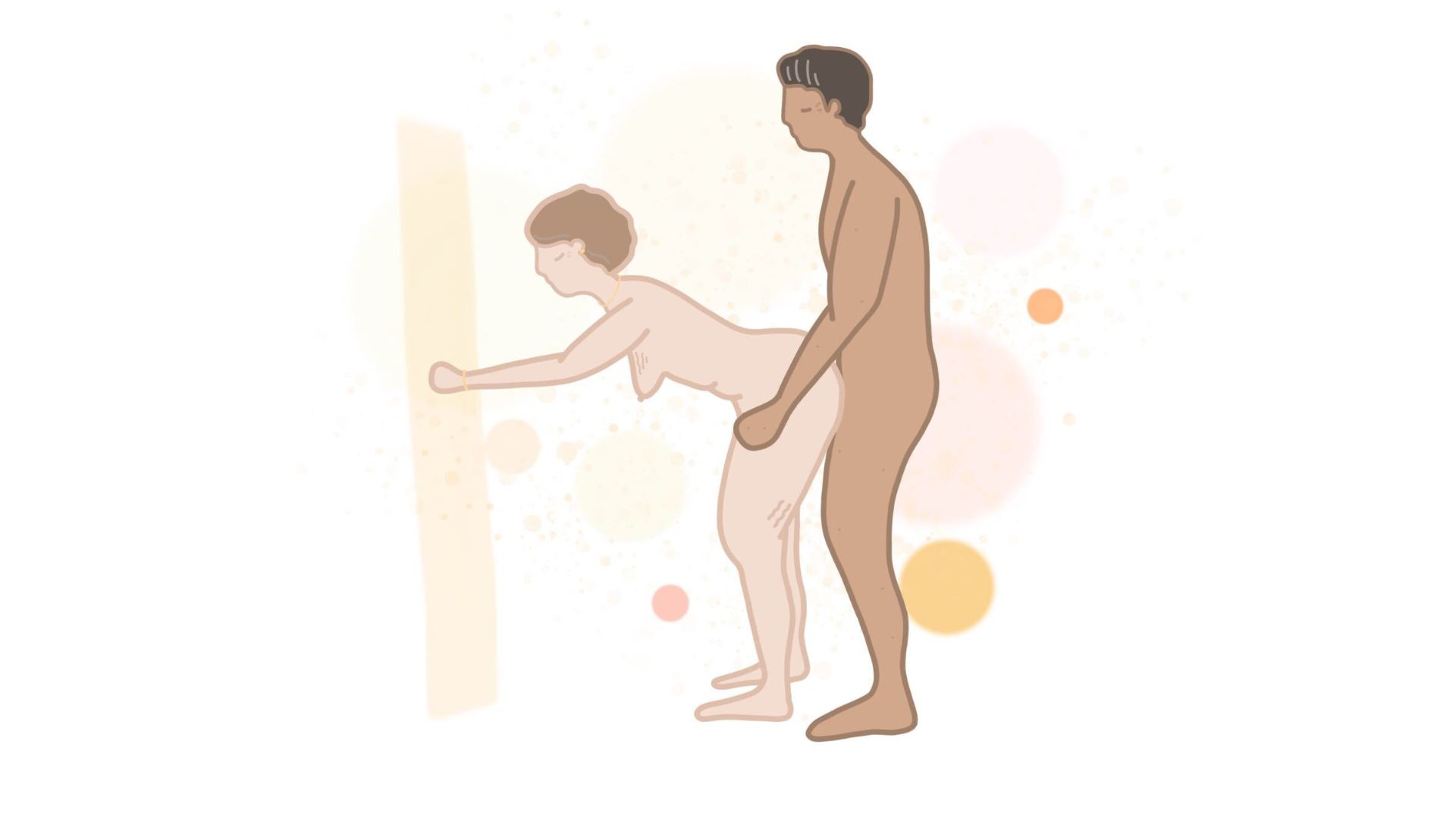
Standing angles, like the ballet dancer or the clasp sex position, may sound more difficult than classically horizontal ones but they can be among the best sex positions after menopause. When done as a penetrative sex position, standing up helps the receiver control the depth and speed of thrusts while leaving plenty of free space for additional clitoral stimulation.
"But women and couples should know that sex is not just about penetration," says Dr Shaghayegh DeNoble, a board-certified gynecologist and surgeon. "Any kind of physical intimacy and touch that elicits sexual desire and arousal counts as sex, and couples can explore what works for them."
Many of the best oral sex positions also involve standing and can be a great option for anyone who finds penetration difficult and would rather focus on other erogenous zones, such as the nipples, neck, and thighs.
2. The Traditional Spoon
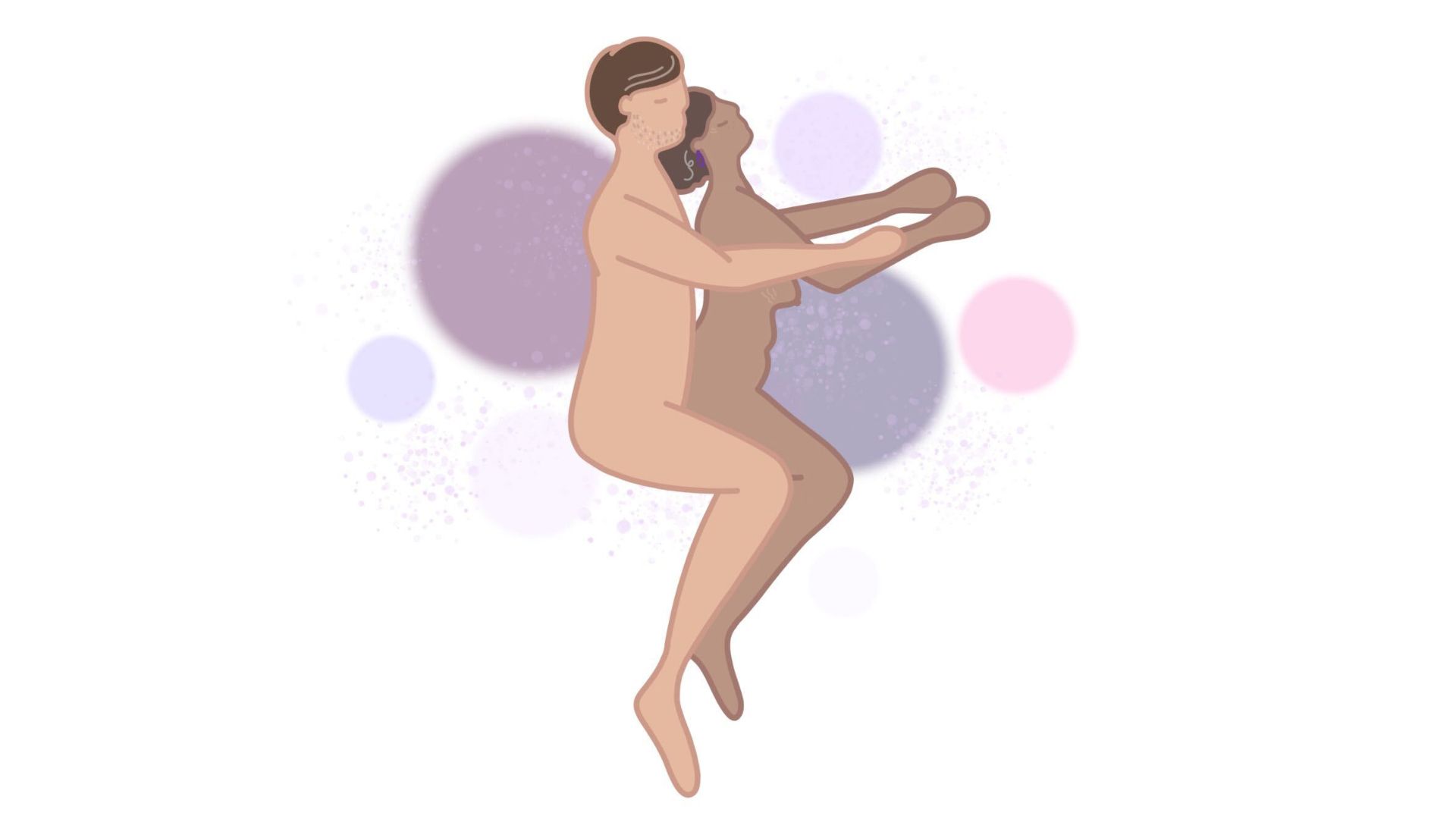
"A traditional spooning position is a great option," says radical clinical sexologist Dr Lori Davis. "In this position, you are the little spoon and your partner is the big spoon. Instead of arching your back, have your partner scooch down a little lower to scoop underneath your bottom for penetration."
Sign up to our free daily email for the latest royal and entertainment news, interesting opinion, expert advice on styling and beauty trends, and no-nonsense guides to the health and wellness questions you want answered.
Much like standing, spooning (or the spork sex position if you're looking to spice things up) allows the receiving partner to control the movement and it can be more comfortable, with the option to add a bullet vibrator or similar into the mix if either partner is looking for a little extra stimulation.
3. The Reverse Scoop
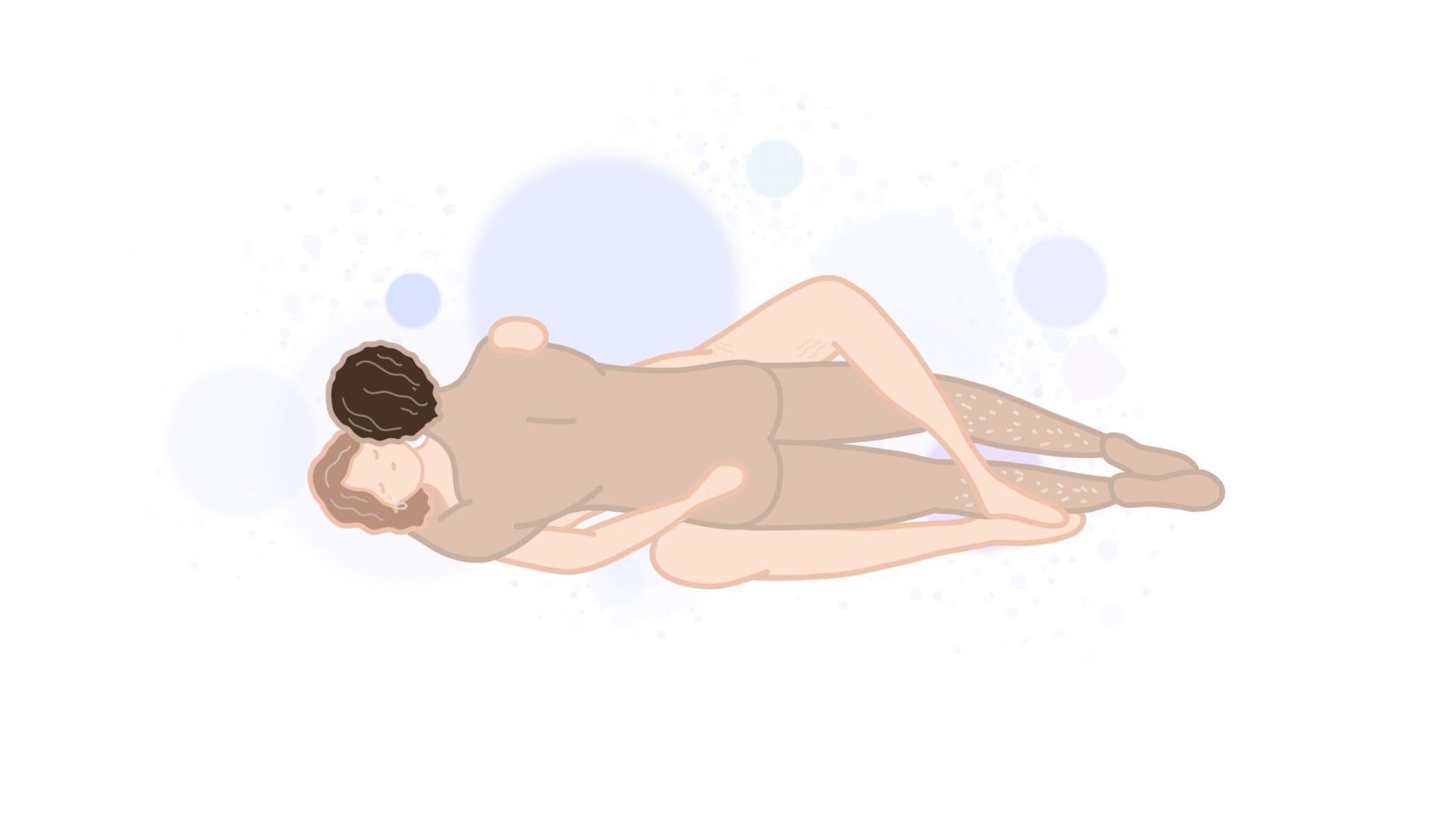
An easy play on both the spooning position and missionary, the reverse scoop sex position is a great option for anyone who wants more intimacy in the bedroom and full control of the movement.
"It's another position for comfort and allows you to have more face-to-face eye contact," says Dr Davis, a menopause specialist. "In this position, you lay side by side facing each other and interlace your legs. It can be a bit tricky to find the best angle for penetration, so start in missionary and then roll onto your side while maintaining p-in-v engagement."
4. Cowgirl or reverse cowgirl
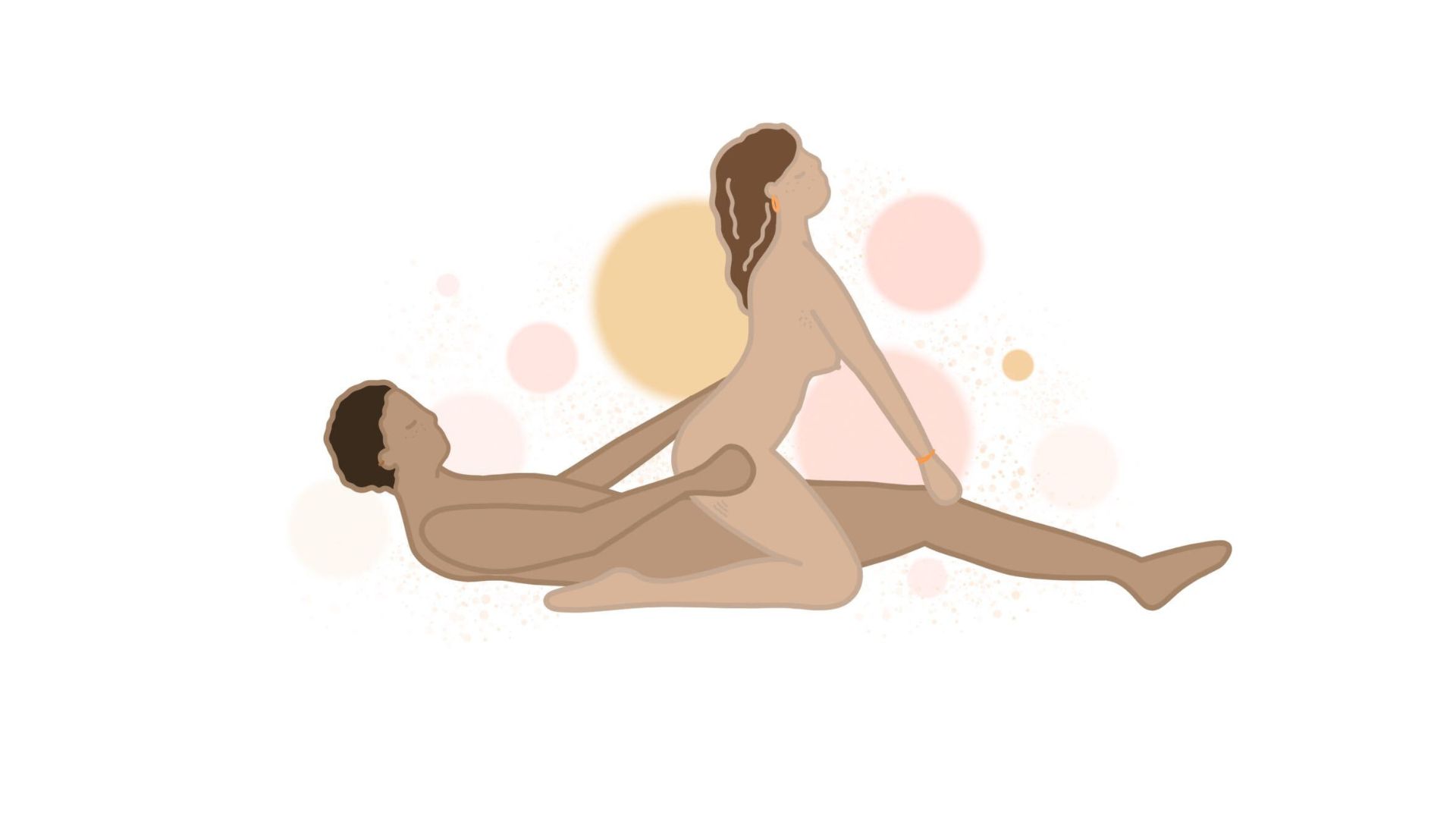
Much like all the other best sex positions after menopause on this list, the cowgirl or reverse cowgirl sex position can be a great one thanks to the woman-on-top setup that allows the receiver to control the depth, angle, and intensity of penetration.
Cowgirl will be better suited to those who direct enjoy G-spot penetration and want face-to-face intimacy with their partner as there's space to kiss and touch their face, neck, shoulders, and chest. While the reverse cowgirl may be a little more comfortable for anyone who finds intense G-spot stimulation a little uncomfortable.
For a similar angle and benefits, try the lotus sex position too.
4. Mutual Masturbation
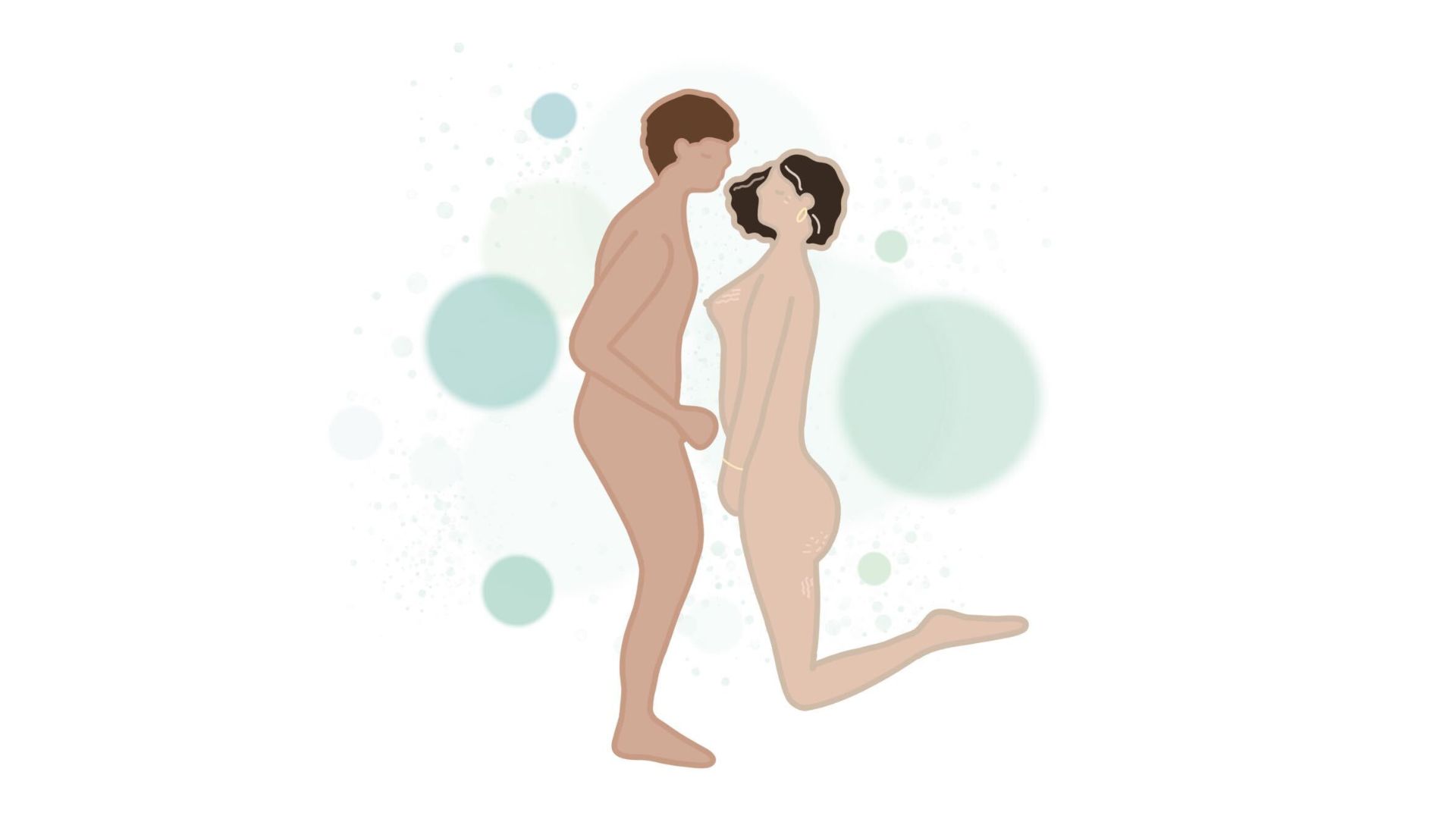
Sex doesn't have to include penetration ever but especially not when it's uncomfortable for you. Many women struggle with it while experiencing menopause symptoms because "decreased estrogen levels cause the vaginal tissues to become gradually drier, thinner, and less elastic," Dr DeNoble says. "These changes frequently cause pain during sex or after and a sensation of tightening, which may prevent penetrative sex."
To take the pressure off, Dr Davis suggests couples enjoy some mutual masturbation instead. "Pleasure yourself while enjoying your partner pleasuring themselves. You can also support each other's orgasms by doing what you each love most to take your big 'O' to the next level. Deep kisses, nipple tweaks, butt play, full body pleasure, explore what works and do more of that," she says.
5. Use sex toys
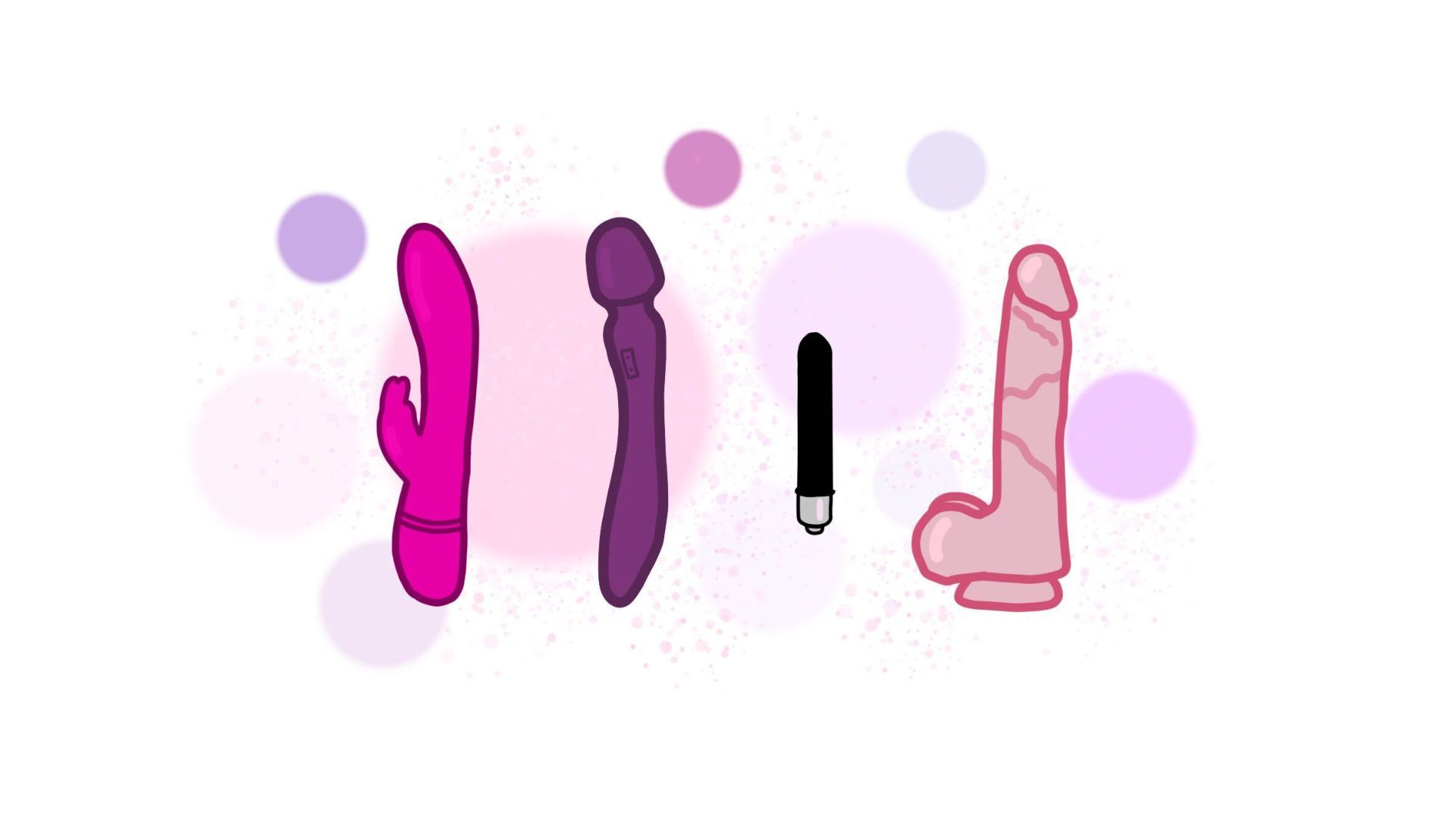
A pick of the best sex toys comes in useful at any time in life - but especially in menopause. "Some people will experience decreased clitoral sensitivity after menopause. Fortunately, clitorises love vibration because they have special nerve receptors just for vibration and deep pressure, and vibrators offer this additional stimulation needed to get to orgasm," says Dr Davis.
But whenever you're using sex toys or your best vibrator, remember to use a lubricant. "The vulvovaginal changes after menopause can make things really dry down there so lubricants become an essential sex aide," she says. "Use an excellent lubricant every single time you engage in sexual play, your vulva and clitoris will thank you."
Oil or silicone-based lubricants will be best, she adds, as they are extra slippery and long-lasting. But remember, you can't use silicone lube with silicone toys.
Why is sex difficult after menopause?
There are three main reasons why sex can be harder after menopause: decreased estrogen levels, a lack of desire to have sex, and other physical changes like sleep problems and hot flashes. "All these changes can be stressful and affect a woman's self-esteem, self-image, and sexual confidence," says Dr DeNoble.
Physically, the increased dryness and tighter feeling in the vagina can cause serious discomfort during sex. These changes in the vaginal tissue also cause some women to have symptoms of a urinary tract infection after engaging in sexual activity. "This is called genitourinary syndrome of menopause (GSM)," the doctor explains, "It's progressive and doesn't resolve without treatment."
These physical changes could then be linked to a lack of desire to have sex, the doctor explains. "It may be related to pain and discomfort experienced during sex, but can also be due to the gradually declining testosterone levels that happen with aging and menopause. There may also be a decline in the ability to orgasm."
Other physical changes that could impact the desire to have sex include menopausal weight gain, hot flashes, and a serious decline in good-quality sleep, notes Dr Robin Noble, a practicing gynecologist with over 20 years of experience, who works alongside the organization Let's Talk About Menopause. "Cyclic breast pain, worsening PMS symptoms, bloating, mood changes, or exacerbation of anxiety or depression are also common."
While symptoms of perimenopause and menopause are normal, they are often seriously underestimated in the impact they have on women's wellbeing, as research by the University of Sussex Medical School shows, with 12.5% of 24,305 women saying that menopause symptoms had impacted their sex life.
If you're looking to reduce the symptoms, there are various options available. "Most women are eligible for and can safely use vaginal hormones such as low-dose estradiol or DHEA. These work locally in the vaginal tissues to improve the quality of the tissues in and around the vagina and vulva, lessening or eradicating the bothersome symptoms of GSM," says Dr Shaghayegh DeNoble.
Menopausal Hormone Therapy (MHT) is another option to manage many of the symptoms. "However, there are also non-hormonal options, both topical and systemic, that can improve a whole host of symptoms," says Dr Robin Noble, so when in doubt, make an appointment with your healthcare practitioner.
But menopause is not a blanket experience, she adds. "Other women may notice slight increases in libido, as testosterone levels rise slightly in late perimenopause and early post-menopause. The menopause transition varies so much that there are really no rules to follow and no normal expectations."
Tips for improving sex after menopause
- Visit your medical practitioner: "Have a thorough examination and open discussion about sexual health concerns," says gynecologist Dr DeNoble, "This can determine the cause of many issues that affect sexual health."
- Take some time for self-care: It's not always easy to find the time for a new morning routine but taking just a bit of time to rest and relax can really help, says sexologist Dr Lori Davis. "Menopause is a time when women are often at the peak of their careers, family responsibilities, and stress. Stress and a lack of quality time with ourselves and our partners is a major desire killer."
- Exercise more: "Many lifestyle interventions, such as eating well and exercising, can be very helpful in managing many of the symptoms of menopause. One study by Nova Southeastern University even demonstrated that couples yoga has a significant positive impact on libido," says Dr Robin Noble.
- Talk to your partner: Just as most women are going through menopause, "partners may also be experiencing changes like decreased erectile reliability or overall mobility," Dr Davis says. So be sure to open up the lines of communication if you're experiencing issues in the bedroom as it could be a shared concern.
- Make it routine: "Continuing to engage in sexual activity regularly, whether with a partner or by masturbation, is very important for keeping tissues healthy and keeping the sexual organs, including the brain, engaged," says Dr DeNoble.

Grace Walsh is woman&home's Health Channel Editor, working across the areas of fitness, nutrition, sleep, mental health, relationships, and sex. She is also a qualified fitness instructor. In 2025, she will be taking on her third marathon in Brighton, completing her first ultra marathon, and qualifying as a certified personal trainer and nutrition coach.
A digital journalist with over seven years experience as a writer and editor for UK publications, Grace has covered (almost) everything in the world of health and wellbeing with bylines in Cosmopolitan, Red, The i Paper, GoodtoKnow, and more.